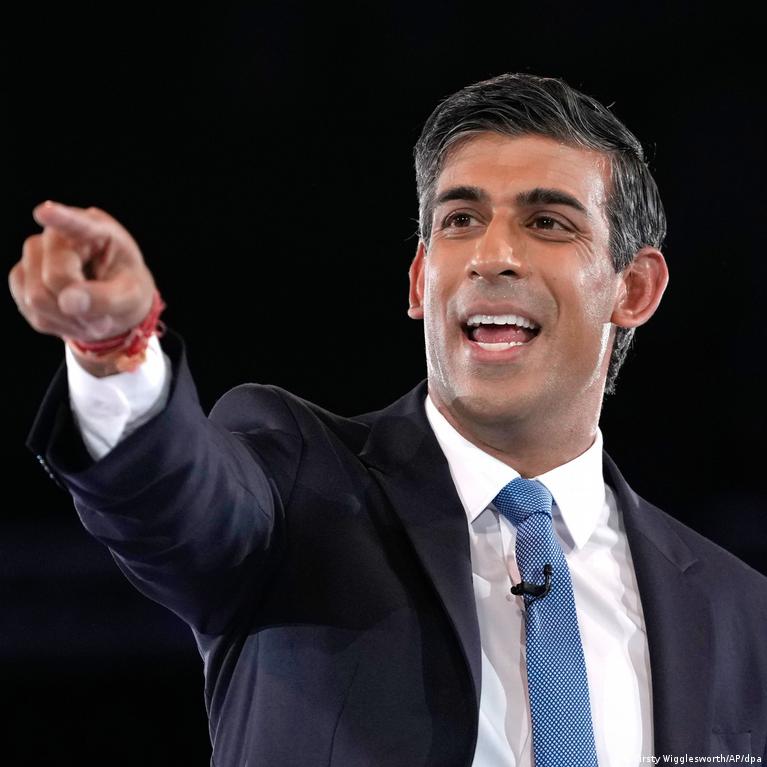NEWS
Fragile UK economy delivers shocking first quarter growth

Official data released on Friday revealed that Britain’s economy grew by 0.1 percent in the first quarter, despite a weakening trend in March.
The Office for National Statistics reported that the economy experienced a 0.5 percent growth in January, followed by stagnation in February and a 0.3 percent decline in March. The decrease in March was largely driven by decreases across the services sector, including low car sales and poor performance in warehousing, distribution, and retail.
This data comes shortly after the Bank of England (BoE) forecasted that the UK economy would avoid a recession this year, despite annual inflation remaining above 10 percent. In response to the persistently high inflation, the BoE raised its key interest rate by a quarter-point to 4.5 percent, marking the twelfth consecutive increase and the highest rate since the 2008 financial crisis. The elevated inflation has had a detrimental impact on workers’ wages, leading to widespread strikes across the country, including recent stoppages on the railway network.
The weaker economy in March highlights its fragility, despite some positive factors such as falling wholesale energy prices, improved supply chain conditions, and recovering consumer confidence. Yael Selfin, Chief Economist at KPMG UK, emphasized that while a recession is unlikely, the economy faces vulnerabilities due to higher borrowing costs and tighter credit, which are expected to dampen business and household activity throughout the year.
The recent interest rate hike by the BoE is expected to further strain living standards as retail banks pass on the increase, resulting in higher loan repayments, including mortgages. However, those who can afford to save will benefit from increased fixed returns on investments.
March saw the UK’s annual inflation reach 10.1 percent, the highest level among the Group of Seven richest nations. Prime Minister Rishi Sunak and the BoE partially attribute this high inflation to rising wages and have called on employers to exercise restraint. Despite government efforts to partially subsidize energy bills, Sunak’s Conservative government faced a significant setback in local elections, as voters expressed their discontent over the cost-of-living crisis.

